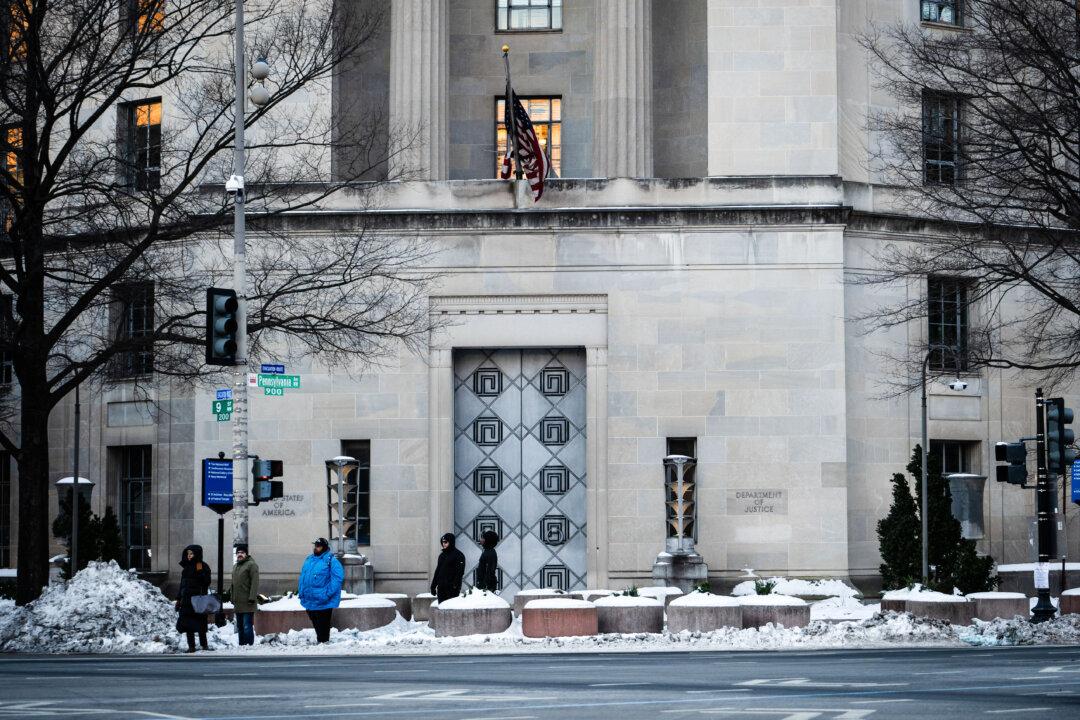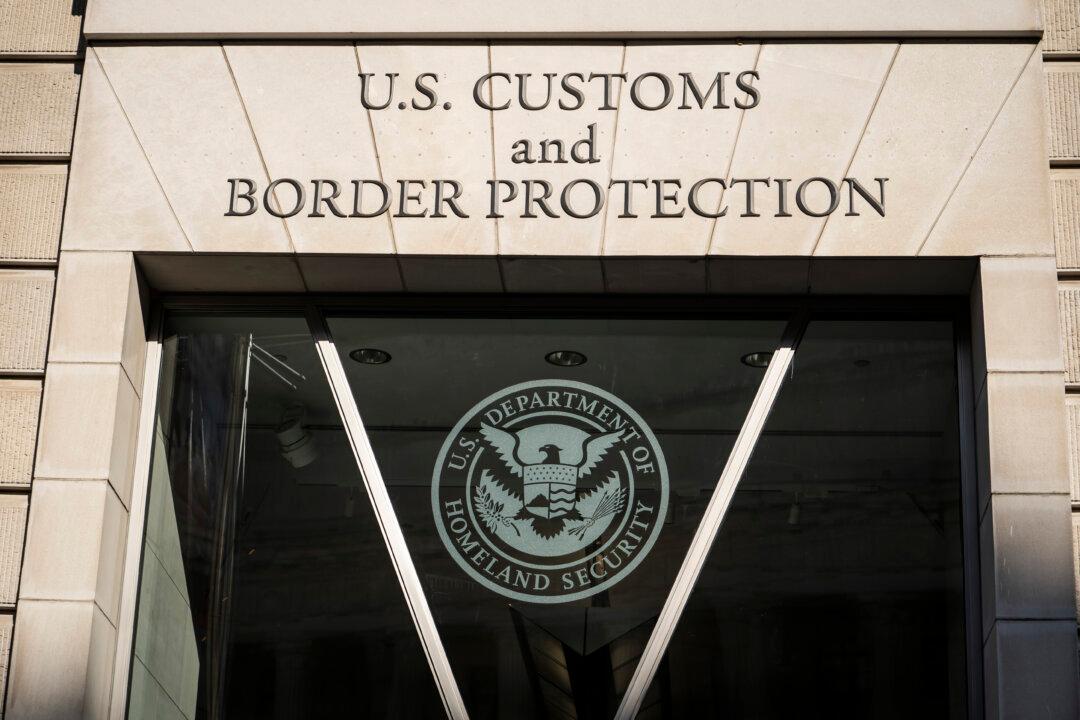A day after
more than 1 million people took to the streets of Hong Kong to call on the local government to scrap an extradition bill that would allow criminal suspects to be sent to mainland China, scores of small businesses and shops say they will be closed in protest on June 12.
Meanwhile, Hong Kong Chief Executive Carrie Lam said at a press conference on June 10 that she would put the extradition bill up for debate before the city’s Legislative Council (LegCo) on June 12, as scheduled. Since the 70-seat council is controlled by a pro-Beijing majority, the bill is likely to pass if brought to a vote.
“I don’t think it is [an] appropriate decision for us now to pull out of this bill, because of the very important objectives that this bill is intended to achieve,” Lam said.
The Hong Kong government first proposed amendments to the city’s
extradition law in February, which would allow the chief executive—the city’s top official—to sign off on extradition requests, including from mainland China, without approval from the LegCo.
In recent months, a broad opposition movement has organized
parades and petitions, arguing that given the Chinese regime’s disregard for the rule of law, the changes could allow Beijing to charge and extradite its critics with impunity.
In contrast to the peaceful march through the city just a day earlier, riot police clashed on June 10 with a splinter group of several hundred protesters who tried to force their way into the LegCo building.
The planned shutdown, which appears to have arisen spontaneously among different sectors of Hong Kong society, is the latest form of protest.
The Civic Party, a local pro-democracy political party, added to the momentum with a Facebook
post that called for “three suspensions: stop work, stop classes, and stop the markets” on June 12. It added that the party would suspend operations at its headquarters and regional legislators’ offices.
The Facebook post included a link to a Google
spreadsheet that compiled the names of companies, stores, organizations, and groups that planned to be closed on June 12. As of press time, there were 178 entities on the list.
Local media Radio Station of Hong Kong
reported that a wide range of companies have announced plans to go “on strike,” including retail outlets, bookshops, cafes and restaurants, a law firm, a Chinese medicine clinic, and engineering and information technology firms.
CALL4VAN, a Hong Kong-based company that offers van-hiring services through a mobile app, made its announcement with a Facebook
post on its official page, and urged other companies and their workers to join the shutdown.
The Hong Kong Artist Union also said on its official Facebook page that it would be closed in protest of the extradition bill. One
post simply stated “Artists Strike on 6.12.” In another
post, it appealed to arts colleges and universities in the city to cancel their graduation and student exhibitions in solidarity. Additionally, the union said it was reaching out to instructors at the schools to support their students’ actions.
Other groups in Hong Kong have also planned protests.
Good Neighbor North District Church said on its
Facebook page that it has suspended some of its social services for three days, beginning June 10, explaining that, “our motto is to allow ‘the community to change, to give hope to the poor.’ The amendments will cause the poor to never have a say again. So we will firmly oppose [the bill].”
The church added that it would decide whether to continue suspensions after the debate on June 12.
At the Chinese University of Hong Kong, the executive committee of the student union at the Department of Philosophy wrote on its
Facebook page that it wouldn’t attend class, and urged all Hongkongers to not go to work and school on June 12, citing the Hong Kong government’s “repeated neglect of the people’s will to forcibly push through the amendments.”
US Voices Concern
Meanwhile, U.S. officials and lawmakers have expressed concern over the erosion of Hong Kong’s autonomy in the aftermath of the peaceful protest.
A State Department spokeswoman said in a press briefing on June 10 the “continued erosion of the ‘one country, two systems’ framework puts at risk Hong Kong’s long-established special status in international affairs.”
“The United States shares the concern of many in Hong Kong that the lack of procedural protections in the proposed amendments could undermine Hong Kong’s autonomy, and negatively impact the territory’s longstanding protections of human rights, fundamental freedoms, and democratic values,” Morgan Ortagus said.
Hong Kong reverted from British to Chinese rule in 1997. The UK–China handover agreement had included an express guarantee that the city would enjoy a high degree of autonomy and freedoms not allowed in mainland China—a policy known as “one country, two systems.”
Rep. Eliot Engel (D-N.Y.), in a
statement on June 10, said the proposed bill would “do serious damage to the rule of law and self-governance in Hong Kong.”
“Beijing’s overreach once again calls into question their commitment to honor ‘one country, two systems’ and lays bare their blatant attempt to squeeze out the freedoms and values that make Hong Kong unique and special,” said Engel, who chairs the House Committee on Foreign Affairs.





